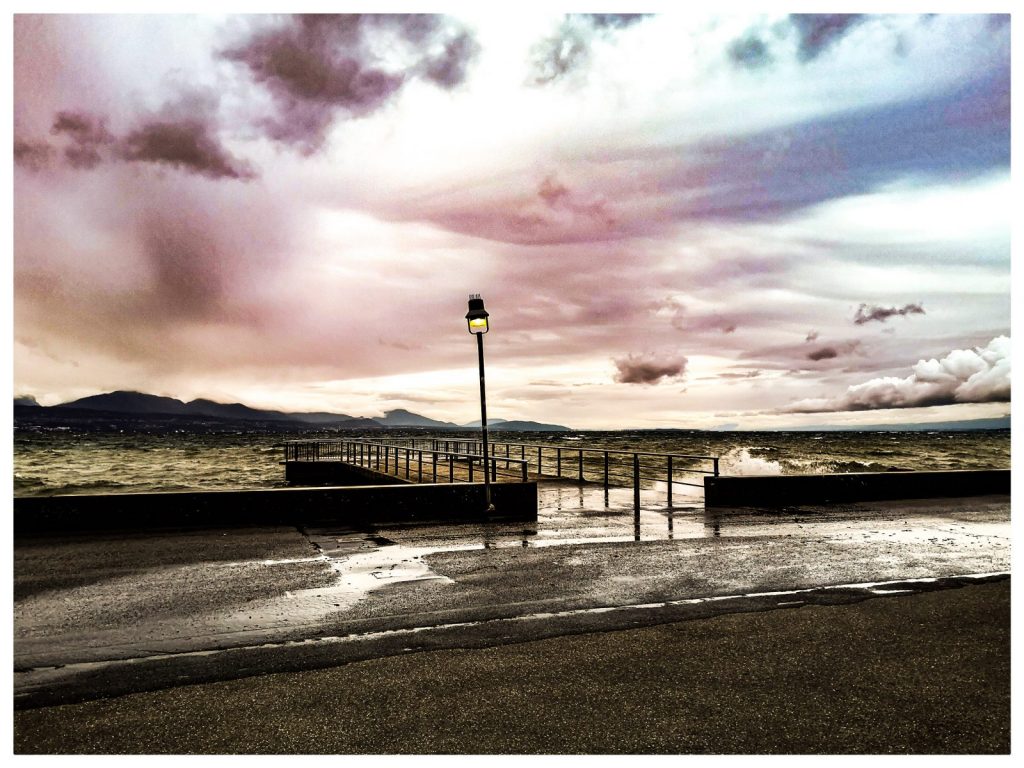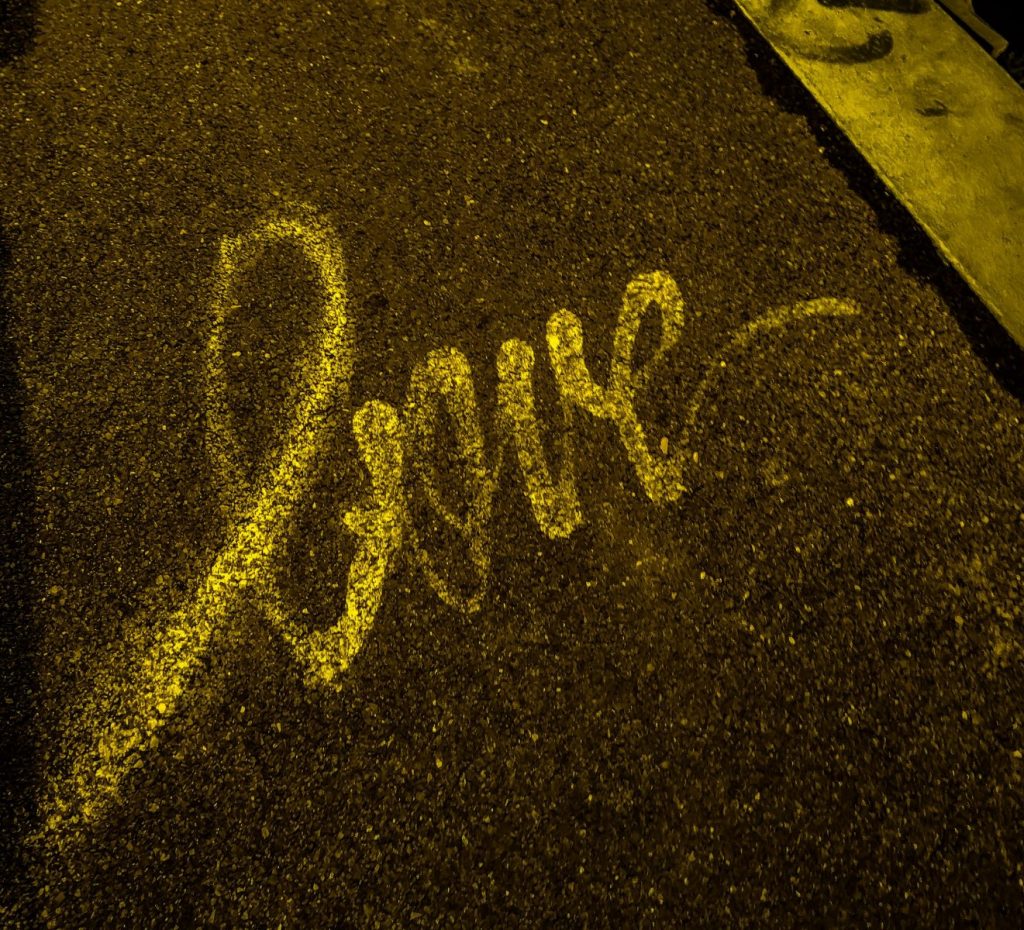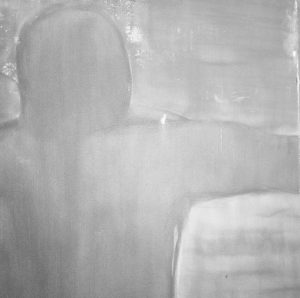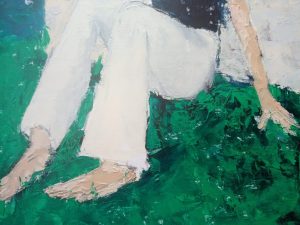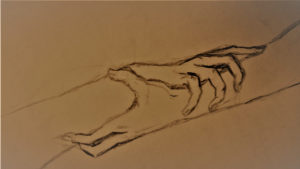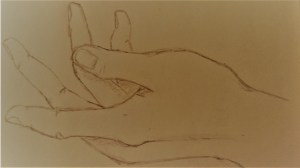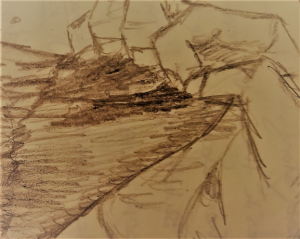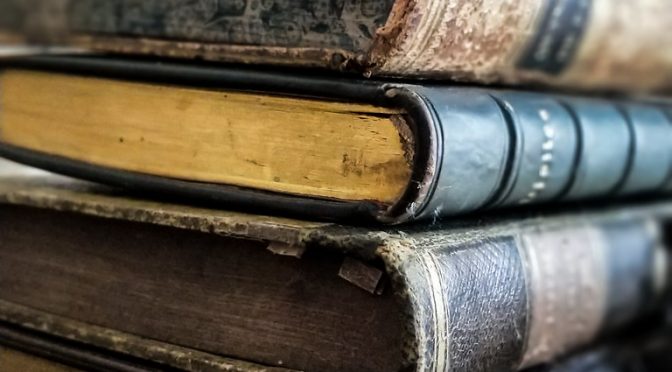Image: “Ciel orageux” © Pixabay – Licence
Author: Guillaume Amstutz
Promises
Didn’t you love the things we shared
Above the clouds, nothing was heard
But when you write in this manner
I see your eyes as they flutter
Beyond that veil of sewed words
I hear your voice, its mellow chords
And the darkness that it lightens
My loneliness, it untightens
Your promises, glowing in white
They shine gently, in the moonlight
A dimming hue, a falling dew
The distance grew, it’s what you do
Soon our vision will be so blurred
Our moment endlessly deferred
Holding on, I had some hopes
Climbing on slippery slopes
Clinging to mirrors of sorrow
All shimmering in my marrow
Quietly fade but never go
Your images, darkened snow
Nowhere to run from your claws
Grasping softly, lenient jaws
Promises of love, covered in black
Until you dissolve, and turn your back
I believed the tales in tinted glass
Their broken shards spilled on the grass
Armor
I’m not wary I’m just cautious
And sometimes I’m a bit tenacious
About the things I should let go
I often cling to what I saw
I’m stuck in this armor I wear
Hardened shell nothing could tear
It protects me from what I fear
But my frights are slumbering near
Scarred steel on rusty skin
Scared still in this quiet din
Burned mail on bleeding hands
Waiting for the falling sands
Creaking, seeking shelter
Kicking, flicking weather
Slicking to restore the glimmer
Shrieking when the light gets dimmer
A Battle Chant
At dusk, the battlefield was painted red
Banners were torn, flying away
Countless men, on their deathbed
Dark fell down, with the horses’ neigh
Ending the pain with black hooves
Final light fade, the sun moves
Gazing at the plain, covered by haze
Horses who strayed, parting their ways
Inside the ground, its bones are brittle
Jarred by war, as violence whittle
Killing in the name of false gods
Listening always, he applauds
Money is the love they pursue
Nothing ever could quench their thirst
Outside of the blood and the hue
Praying for some gold, they are cursed
Quivering in fear, holding their spear
Riding out of greed, red they smear
Swords out and feral, they charge on
The lord could help us, but he is gone
Uttering softly why he left us
Vices in disguise it’s treacherous
Why keep fighting throughout the years
Xylophones of angels won’t reach our ears
Yearning for solace victory won’t give
Zenith over the dust, it’s the last we’ll live
Mindless
Shadows wandering in your mind
Mind your steps in this cursed land
Land your feet on the cold stones
Tones echoing in a far place
Lace your fingers in the spoiled soil
Soiled your soul with their grim smiles
Miles away lays your lost hope
Hoping one day the sun will rise
Rise again, your eyes still dark
Using your sadness as your bark
Thought the hell wasn’t so low
Thought the pain would never go
Gone away out of your mind
Mindless steps in this cursed space
Pace your heart, the night is long
Longing for the day to emerge
Merge your endless pain with mine
Mindless days and mindless nights
I’ll hold you until the sun arises

